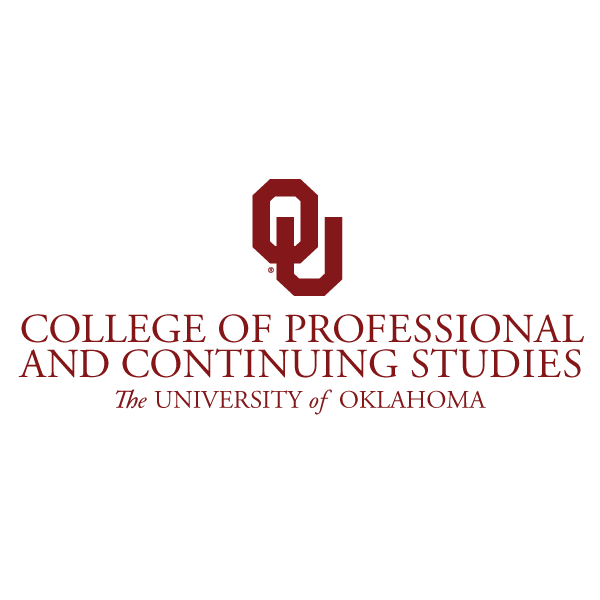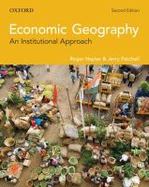Travis Gliedt, Ph.D.
Education
•2005, BES, University of Waterloo, Geography
•2006, MAES, University of Waterloo, Local Economic Development
•2012, Ph.D. University of Waterloo, Geography and Environmental Management
Current Positions
Assistant Professor, Department of Geography and Environmental Sustainability, University of Oklahoma
Major Areas of Teaching and Research Interest
•Human and organizational dimensions of sustainability
•Corporate social responsibility, environmental management, green entrepreneurship
•Community responses to energy and water challenges
•Innovation in urban water systems
•Environmental economic geography
•Integrating sustainability into geography education
Representative Publications and Presentations
•Gliedt T, Larson K, 2018, “Sustainability in Transition: Principles for Developing Solutions”Routledge.
•Tziganuk A, Gliedt T, 2018, “Comparing faculty perceptions of sustainability teaching at twoU.S. universities” International Journal of Sustainability in Higher Education 19(1)
•Hartman P, Gliedt T, Widener J, Loraamm R, 2017, “Dynamic capabilities for water systemtransitions in Oklahoma” Environmental Innovation and Societal Transitions – Winner of theCharles Standley Memorial Award in Recognition of the Outstanding Publication 2016,University of Oklahoma
•Widener J, Gliedt T, Hartman P, 2017, “Visualizing dynamic capabilities as adaptive capacity formunicipal water governance” Sustainability Science 12(2) 203-219
•Lyakhov A, Gliedt T, 2017, “Understanding collaborative value creation by environmentalnonprofit and renewable energy business partnerships” Voluntas: International Journal ofVoluntary and Nonprofit Organizations
•Lyakhov A, Gliedt T, Jackson, N, 2016, “Scaling sustainability value in sustainability purposeorganizations: A non-profit and business comparison” International Journal of SustainableEntrepreneurship and Corporate Social Responsibility 1(1) 17-31
•Castleberry B, Gliedt T, Greene S.J., 2016, “Assessing drivers and barriers of energy-savingmeasures in Oklahoma’s public schools” Energy Policy 88 216-228 - Winner of the CharlesStandley Memorial Award in Recognition of the Outstanding Publication 2015, University ofOklahoma
•Widener J, Gliedt T, Tziganuk A, 2016, “Assessing sustainability teaching and learning ingeography education” International Journal of Sustainability in Higher Education 17(4) 698-728
•Gliedt T, Hoicka C, 2015, “Energy upgrades as financial or strategic investment? Energy Starproperty owners and managers improving building energy performance” Applied Energy 147430-443
•Widener J, Gliedt T, 2015, “Building interdisciplinarity into teaching: A dream course onsustainability and global environmental change” Resilience: A Journal of the EnvironmentalHumanities 1(3)
•Gliedt T, Parker P, 2014, “Green community entrepreneurship 2.0: Collective response orindividual adaptation strategy to funding cuts in Canada 2006-2012” International Journal ofSocial Economics 41(7) 609-625. Winner of the Highly Commended Paper of 2015 from EmeraldInsight
7
•Gliedt T, Parker P, 2010, “Dynamic capabilities for strategic green advantage: Green electricitypurchasing in North American firms, SMEs, NGOs and agencies” Global Business andEconomics Review 12(3) 171-195
•Gliedt T, Berkhout T, Parker P, Doucet J, 2010, “Voluntary environmental decision-making infirms: Green electricity purchases and the role of champions” International Journal of BusinessEnvironment 3(3) 308-328
•Gliedt T, Parker P, 2007, “Green community entrepreneurship: Creative destruction in the socialeconomy” International Journal of Social Economics 34(8) 538-553
Representative Honors and Awards Received
•2013 - President’s Dream Course: Sustainability and Global Environmental Change, Universityof Oklahoma
•2014 - Southern Climate Impacts Planning Program (SCIPP): ‘Unlikely Innovators’ Adapt toClimate Change: Transforming Water Utilities in Oklahoma
•2015 - Social Sciences and Humanities Research Council of Canada (SSHRC) InsightDevelopment Grant: Linking Pro-Environmental Behaviors to System Innovation in aSustainability Transition for Energy
Major Professional Affiliations
•Association of American Geographers (AAG) 2010-
•Association for Non-Profit and Social Economy Research (ANSER) 2007-
•Canadian Association of Geographers (CAG) 2006-
•National Council for Geographic Education (NCGE) 2014-

